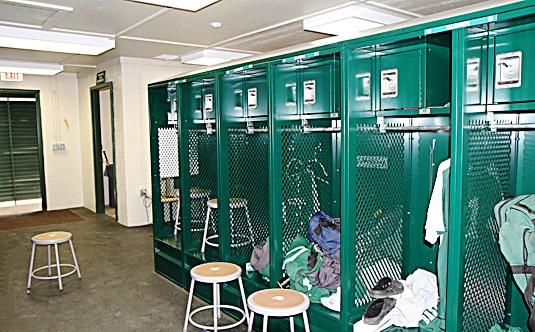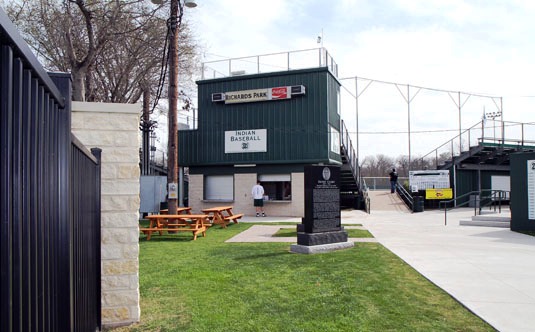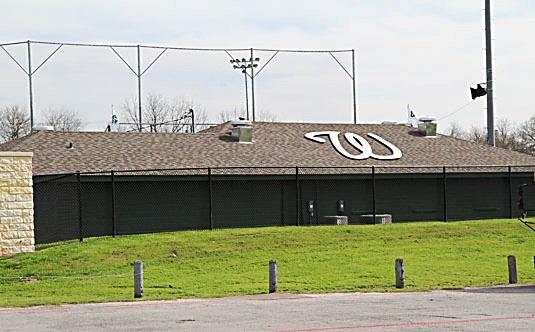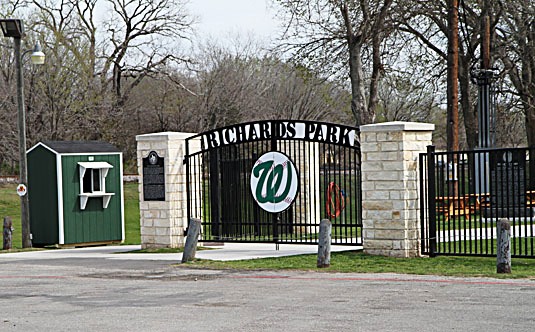Welcome to Indians Baseball
- Jan 19th – Parent meeting -7:00pm @ 9th Grade Cafeteria
- Jan 29th – First practice
- Feb 2nd – Team Announcements
- Feb 6th – Intrasquad, Caps & T-shirts
- Feb 11th – First Pitch Banquet







| Dist 14-5A | D-W | D-L | S-W | S-L |
|---|---|---|---|---|
| Arl Seguin | 0 | 0 | 0 | 0 |
| Ennis | 0 | 0 | 0 | 0 |
| Lake Ridge | 0 | 0 | 0 | 0 |
| Lancaster | 0 | 0 | 0 | 0 |
| M. Legacy | 0 | 0 | 0 | 0 |
| M. Summit | 0 | 0 | 0 | 0 |
| Red Oak | 0 | 0 | 0 | 0 |
| Timberview | 0 | 0 | 0 | 0 |
| Waxahachie | 0 | 0 | 0 | 0 |
Spirit wear is being distributed to players today so please make sure that you receive the order you placed. We can't wait to see you around town in your new gear!
Thank you to everyone that made this fundraiser a success for our program! ... See MoreSee Less
December 17th, 11:33 am ·
Have I got a deal for you! New Indian spirit wear... You can support the Indians by purchasing and again by wearing any of our new spirit wear!
You can order here or through your favorite Indian. ... See MoreSee Less
October 26th, 9:08 pm ·
2015 10th Annual Classic Country Mike O'Daniel Memorial Golf Tournament ... See MoreSee Less
October 12th, 8:20 pm ·
Latest News
- Richards Park gets new scoreboard 12/24/2015
- Announcement of 2016 Season Activities 11/10/2015
- 10th Annual Mike O’Daniel Memorial Golf Tournament 09/02/2015
- Indians defeat Hallsville in extra innings 05/16/2015
- Indians Advance to Area Playoffs 05/09/2015


